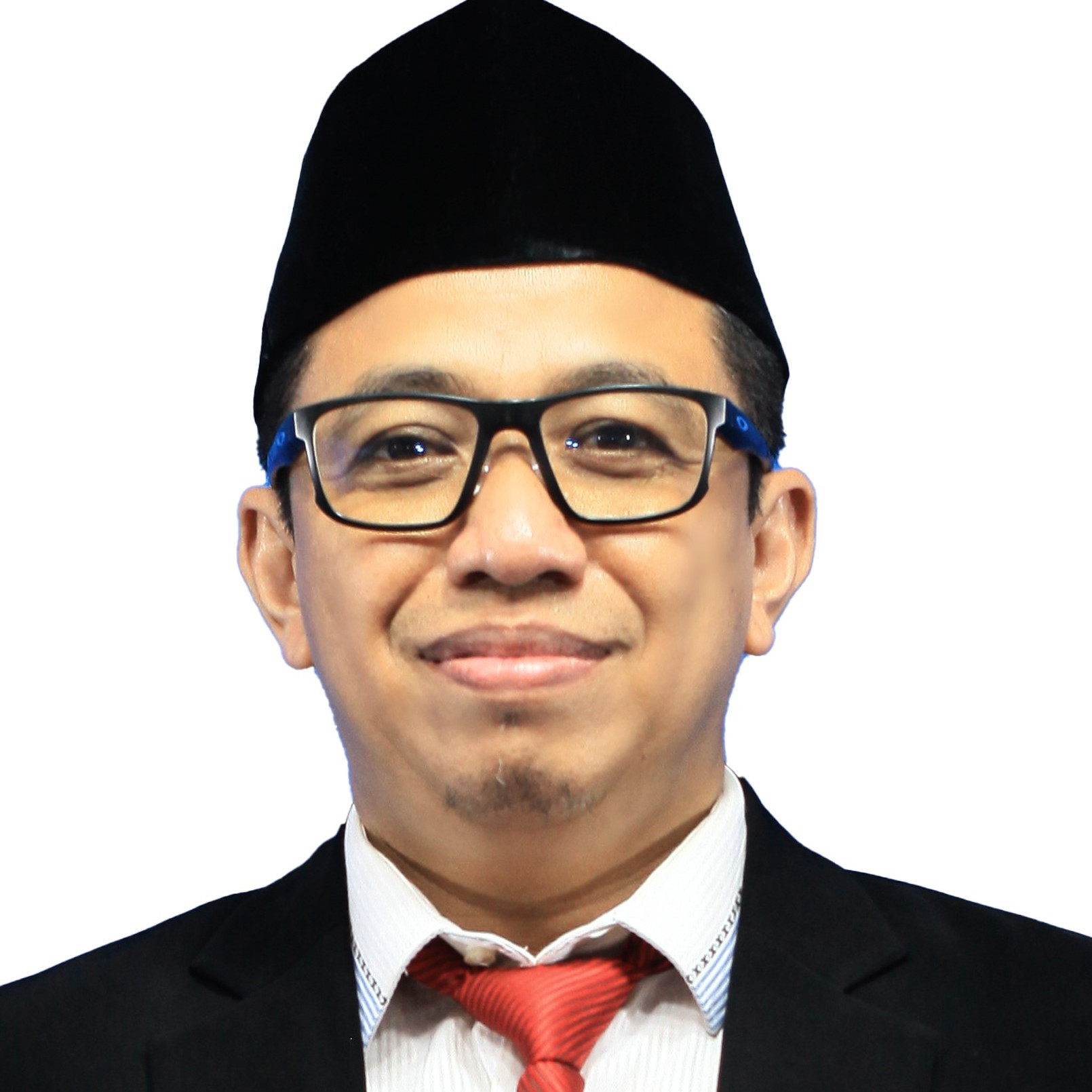Suhadi Cholil
Biography Narrative
Dr. Suhadi is a lecturer at the graduate school of the State Islamic University Sunan Kalijaga in Yogyakarta, Indonesia. In addition, he is teaching at the Center for Religious and Cross-cultural Studies at the Graduate School of Gadjah Mada University. He is also a board member of higher Islamic education at the Pesantren (Islamic Boarding School) of Sunan Pandanaran based in Yogyakarta.
Suhadi’s PhD thesis at Radboud University Nijmegen in the Netherlands was published in Germany in 2014 under the title I Come from a Pancasila Family: A Discursive Study on Muslim-Christian Identity Transformation in Indonesian Post-Reformasi Era. He teaches world religions, interreligious dialogue theories and practices, religions and human rights, as well as religions and natural disasters. Aside from his teaching activities, Dr. Suhadi researches interreligious issues in different parts of Indonesia.
Through a KAICIID programme in Indonesia, Dr. Suhadi co-authored an inter-religious education module for university students, which was published in cooperation with the Centre for Dialogue and Cooperation among Civilisations and Religions for Peace in 2016.
Interreligious Activities and Initiatives
Research on Common Ground between Islam and Confucianism and Its Challenges in Java Indonesia
Since the independence of Indonesia in 1945, anti-Chinese riots have occurred in almost every decade in different parts of Indonesia. The latest incident took place in 1996-2000s when hundreds of Chinese homes and stores were burned, some of them were killed, and women were raped. All riots and other incidents alike can be rooted from anti-Chinese policy initiated by the government in the 1950s and 1960s that systematically prohibited Chinese people to have trading activities and own land in villages, and to apply for military and government officers. Moreover, this policy also banned the use and campaign of everything related to China, including language, religious tradition and symbols (Confucianism), festivals, publishing in public spaces. In short, Indonesian Chinese people has suffered from persecution for more than four decades. This project attempts to explore both conflict and integration between Islam and Confucianism in Indonesia considering the context of anti-Chinese growing views in Indonesian. It intends to find common ground between Islam and Confucianism both religiously and socio-historically. Islam, the majority religion with 87% of population, is a multi-ethnic religion in Indonesian context, whereas Confucianism which less than 2% of that only adhered by Chinese people. This project consists of three sub-projects: research, module, and training. The findings of research will be transformed into training module. The module program provides a manual for both facilitators and participants of interreligious dialogue for peace for youth Muslims and Confucians in Java. The trainings will be held twice in West Java and in East Java which covers youth Muslims and Confucians participants (university students, about 18-24 years old) from West Java, Yogyakarta, Central Java, and East Java. The project ensures the participants’ appreciation of interreligious dialogue as a means of creating a peaceful co-existence among adherents of different religions and as a viable conflict resolution mechanism.

